Abstract
The ability to reverse any unknown unitary operation plays a fundamental role in quantum computing. While existing studies mostly focus on realizing the inversion map of the unknown unitary, how to reverse a unitary with respect to a given observable, which we call shadow unitary inversion,has remained a natural basic question that is less developed. In this work, we systematically investigate shadow unitary inversion by providing explicit protocols and optimization problem simplification. First, we present a deterministic protocol for shadow inversion of qubit-unitaries. Such construction sequentially queries the unitary 3 times, which is suggested to be optimal by our numerical experiments. Second, we provide a complete characterization of feasible quantum operations for qubit shadow inversion under any fixed qubit observable. Third, for the qudit case, we give a framework of semidefinite programming for optimizing the shadow unitary inversion sequential protocol for tackling high-dimensional cases, utilizing tools from representation theory.
Publication
arXiv:2510.24880
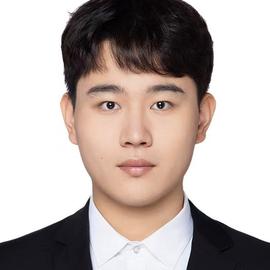
PhD Student (2025)
I have received my bachelor's degree in mathematics from Wuhan University in 2022 and my master's degree in mathematics from Wuhan University in 2025. My main research is about probability theory, especially Large Random Dimension Matrices Theory. I am exploring the mathematical foundation in quantum information under the guidance of Prof. Xin Wang and Prof. Bartosz Regula.
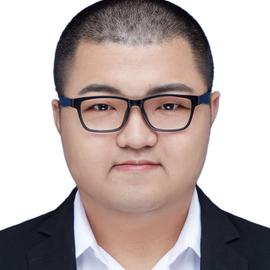
Research Associate
I obtained my BS in Mathematics and Applied Mathematics from University of Science and Technology of China. I obtained my PhD degree in Applied Mathematics from University of Chinese Academy of Sciences under the supervision of Prof. Xiao-Shan Gao. My research interests include quantum computing, symbolic computation and cryptanalysis.
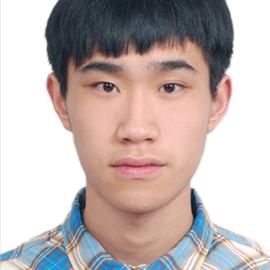
PhD Student (2023)
I obtained my BS and MS degrees in physics from the University of Melbourne. My research interests include distributed quantum computing, quantum entanglement and quantum machine learning.
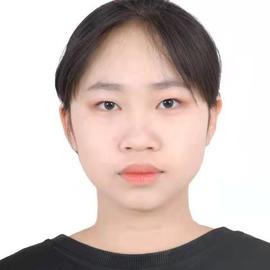
Research Assistant
I am currently studying in Mathematics and Applied Mathematics from Harbin Institute of Technology. My research interests include quantum information theory, quantum computation, and applied mathematics.
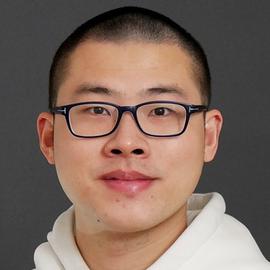
Visiting Scholar
I received my doctorate in Mathematics from the University of Copenhagen in 2025, under the supervision of Prof. Laura Mancinska. Previously I obtained my master’s and bachelor’s degrees in 2020 and 2017 respectively, both in electronic engineering from Beihang University. My research interests include quantum information theory, Bell non-locality and quantum machine learning.
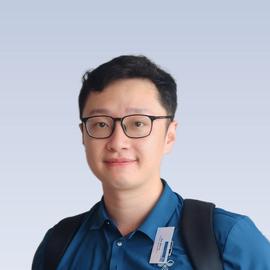
Associate Professor
Prof. Xin Wang founded the QuAIR lab at HKUST(Guangzhou) in June 2023. His research primarily focuses on better understanding the limits of information processing with quantum systems and the power of quantum artificial intelligence. Prior to establishing the QuAIR lab, Prof. Wang was a Staff Researcher at the Institute for Quantum Computing at Baidu Research, where he concentrated on quantum computing research and the development of the Baidu Quantum Platform. Notably, he spearheaded the development of Paddle Quantum, a Python library designed for quantum machine learning. From 2018 to 2019, Prof. Wang held the position of Hartree Postdoctoral Fellow at the Joint Center for Quantum Information and Computer Science (QuICS) at the University of Maryland, College Park. He earned his doctorate in quantum information from the University of Technology Sydney in 2018, under the guidance of Prof. Runyao Duan and Prof. Andreas Winter. In 2014, Prof. Wang obtained his B.S. in mathematics (with Wu Yuzhang Honor) from Sichuan University.
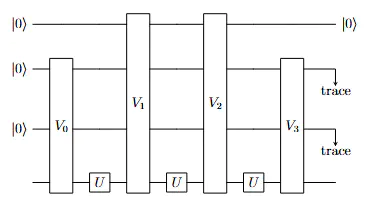 Unitary inverse protocol for observable Z
Unitary inverse protocol for observable Z